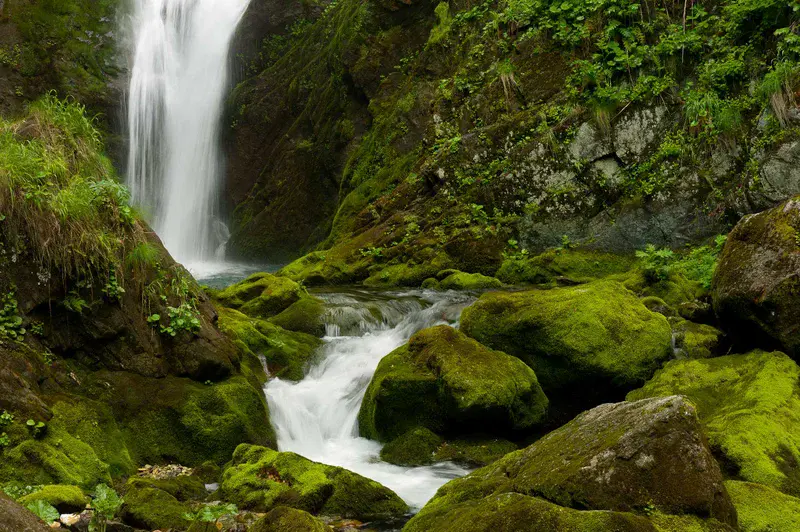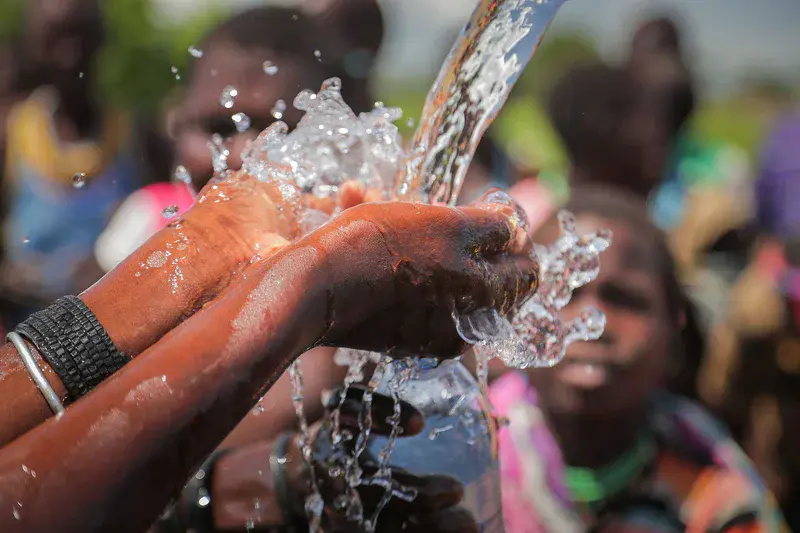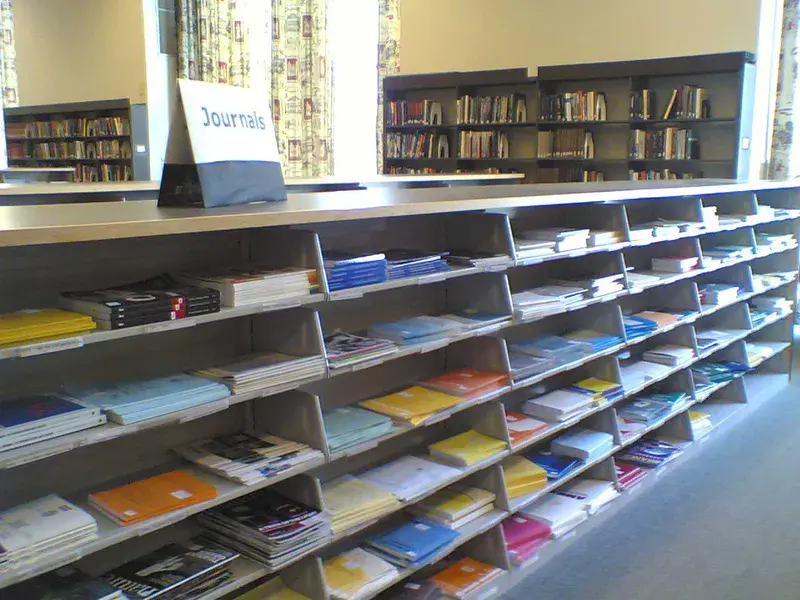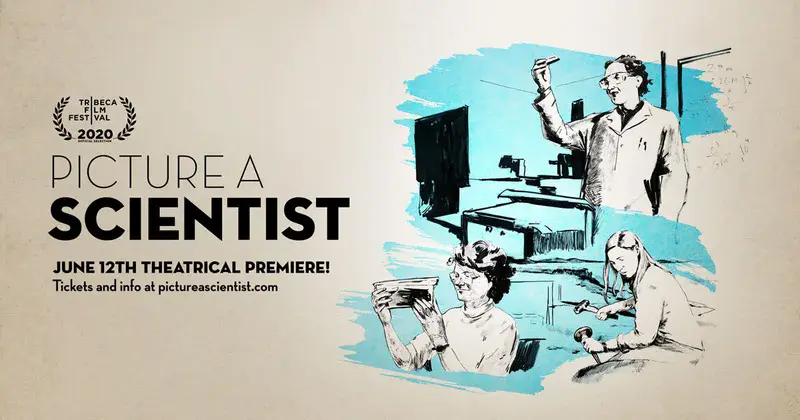
Highlights at a glance
- 09:00 – US1: Integrating geoscience into the European Green Deal
- 09:00 – SC2.13: Let’s peer review
- 10:00 – SC2.12: Meet the Experts: The future of solar-terrestrial research
- 11:30 – DM2: Division meeting for Biogeosciences (BG)
- 12:30 – NET34: NH – all division members
- 12:30 – NET36: OS – all division members
- 13:30 – DM5: Earth Magnetism & Rock Physics (EMRP)
- 13:30 – DM14: Natural Hazards (NH)
- 13:30 – DM21: Solar-Terrestrial Sciences (ST)
- 14:30 – SC2.15: How to write (and publish) a scientific paper in Hydrology
- 15:00 – US2: Post-COVID Geosciences
- 16:00 – SC2.16: How to Publish and Review in Biogeosciences and Soil System Science – Ask the Editors
- 17:15 – NET26: BG – all division members

Integrating geoscience into the European Green Deal
The European Green Deal sets ambitious targets, including reaching climate neutrality in Europe by 2050, addressing biodiversity loss and restoring degraded ecosystems, and adopting a zero-pollution action plan for air, water, and soils. Achieving these bold targets will require scientific expertise from many different geoscience areas. This Union Symposium will feature presentations from scientists and policymakers, as well as a moderated discussion on how geoscientists can best support the Green Deal’s targets. Despite being a European-specific initiative, the Green Deal also outlines missions working with non-EU countries, so this session will be of interest to an international audience.
US1: 09:00 –11:00

Post-COVID Geosciences
The COVID-19 pandemic has been a major trauma for humanity. This event has triggered calls for scientifically-based responses to mitigate the risks and build resilience to this virus and its potential successors. Geoscience communities have contributed to these efforts, drawing on their expertise, even while facing their own pandemic upheavals. This Union Symposium will highlight the geoscience contributions to understanding this pandemic. We will also discuss how these skills might be used to better understand zoonotic spillovers, transmission pathways, and the role of the environment on disease both during the coronavirus pandemic, and for future events.
US2: 15:00 –17:00
Award Lectures
Earth Magnetism & Rock Physics
- 10:30 – MAL6a Louis Néel Medal Lecture 2020: Wen-lu Zhu
- 11:35 – MAL6a EMRP Division Outstanding ECS Award Lecture 2021 Francois Passelegue
MAL6a: 10:30 –12:30
Nonlinear Processes in Geosciences
- 10:30 – MAL16 Lewis Fry Richardson Medal Lecture 2020: Valerio Lucarini
- 11:10 – MAL16 NP Division Outstanding ECS Award Lecture 2020: Ekaterina Didenkulova
- 11:30 – MAL16 Lewis Fry Richardson Medal Lecture 2021: Berengere Dubrulle
- 12:10 – MAL16 NP Division Outstanding ECS Award Lecture 2021: Niklas Boers
MAL16: 10:30 –12:30
Tectonics and Structural Geology
- 10:30 – MAL23 Stephan Mueller Medal Lecture 2021: Dietmar Müller
- 11:10 – MAL23 Stephan Mueller Medal Lecture 2020: Mathilde Cannat
- 11:50 – MAL23 Arne Richter Award for Outstanding ECS Lecture 2021: Carolyn Boulton
- 12:10 – MAL23 TS Division Outstanding ECS Award Lecture 2020: Christoph von Hagke
MAL23: 10:30 –12:30

Writing, publishing, and reviewing scientific papers: two Short Courses
These two complementary sessions feature discussions about writing, publishing, and reviewing journal articles in the geosciences. SC2.15 will feature a panel discussion with a group of experts who will each give a brief presentation sharing their experience in scientific writing, followed by an open discussion. SC2.16 will feature a panel of the Editors-in-Chief of four journals. Discussion topics may include: the duties and roles of editors, authors, and reviewers; how to choose a journal; the benefits of open peer-review; potential obstacles of inter-/transdisciplinary research publications; and ethics in publishing.
Award Lectures
Alexander von Humboldt Medal Lectures
- 11:30 – MAL1d Alexander von Humboldt Medal Lecture 2020: Bojie Fu
- 13:30 – MAL1d Alexander von Humboldt Medal Lecture 2021: Manfred R. Strecker
MAL1d: 11:30 –14:30
Earth Magnetism & Rock Physics
- 15:00 – MAL6b Petrus Peregrinus Medal Lecture 2020: Rixiang Zhu
- 16:05 – MAL6b Petrus Peregrinus Medal Lecture 2021: Kenneth Kodama
MAL6b: 15:00 –17:00
Biogeosciences
- 15:05 – MAL3 BG Division Outstanding ECS Award Lecture 2020: Caitlin Pries
- 15:25 – MAL3 Arne Richter Award for Outstanding ECS Lecture 2021: Lucy Rowland
- 15:45 – MAL3 Vladimir Ivanovich Vernadsky Medal Lecture 2021: Susan Trumbore
- 16:25 – MAL3 Vladimir Ivanovich Vernadsky Medal Lecture 2020: Pierre Friedlingstein
MAL3: 15:00 –17:15

‘Picture A Scientist’ film screening
Picture A Scientist chronicles the groundswell of researchers who are writing a new chapter for women scientists. Biologist Nancy Hopkins, chemist Raychelle Burks, and geologist Jane Willenbring lead viewers on a journey deep into their own experiences in the sciences, ranging from brutal harassment to years of subtle slights. Along the way, we encounter social scientists, neuroscientists, and psychologists, among other expets, who provide new perspectives on how to make science itself more diverse, equitable, and open to all. As a vEGU21 participant, you can view the movie anytime from the morning of Sat. 24 April through 9:00 CEST Tues. 27 April.
Please also join the Great Debate on Mon 26 Apr at 15:00 CEST to hear Prof. Jane Willenbring, one of the geoscientists featured in the film, as well as Richard Pancost, Elisabeth Gallant, and Christopher Jackson, discuss how to challenge discrimination in the geosciences.
NET0: More info
Award Lectures
Solar-Terrestrial Sciences
- 15:00 – MAL22 ST Division Outstanding ECS Award Lecture 2020: Lauri Holappa
- 15:30 – MAL22 Hannes Alfvén Medal Lecture 2020: Qiugang Zong
- 16:15 – MAL22 Julius Bartels Medal Lecture 2021: Volker Bothmer
MAL22: 15:00 –17:00
Data Help Desk
Do you have data-related questions? Are you looking to make your data and/or software open and FAIR? Are you interested in tools and resources for working with your data or for finding data to reuse? The Virtual Data Help Desk is here to help you! Tweet your questions from 19-23 April to #DataHelpDesk.
For more details: bit.ly/DataHelpEGU21
About
EGU Today, the Union’s daily newsletter during the EGU General Assembly, helps keep you informed about what’s happening by highlighting sessions and events of broad interest from the programme. The newsletter, including previous issues, is available at https://www.egu.eu/egutoday/.
Unsubscribe via support@copernicus.org.
The Assembly Online
LinkedIn
Instagram
YouTube
Facebook
Mastodon
Bluesky
blogs.egu.eu, geolog.egu.eu
www.egu.eu